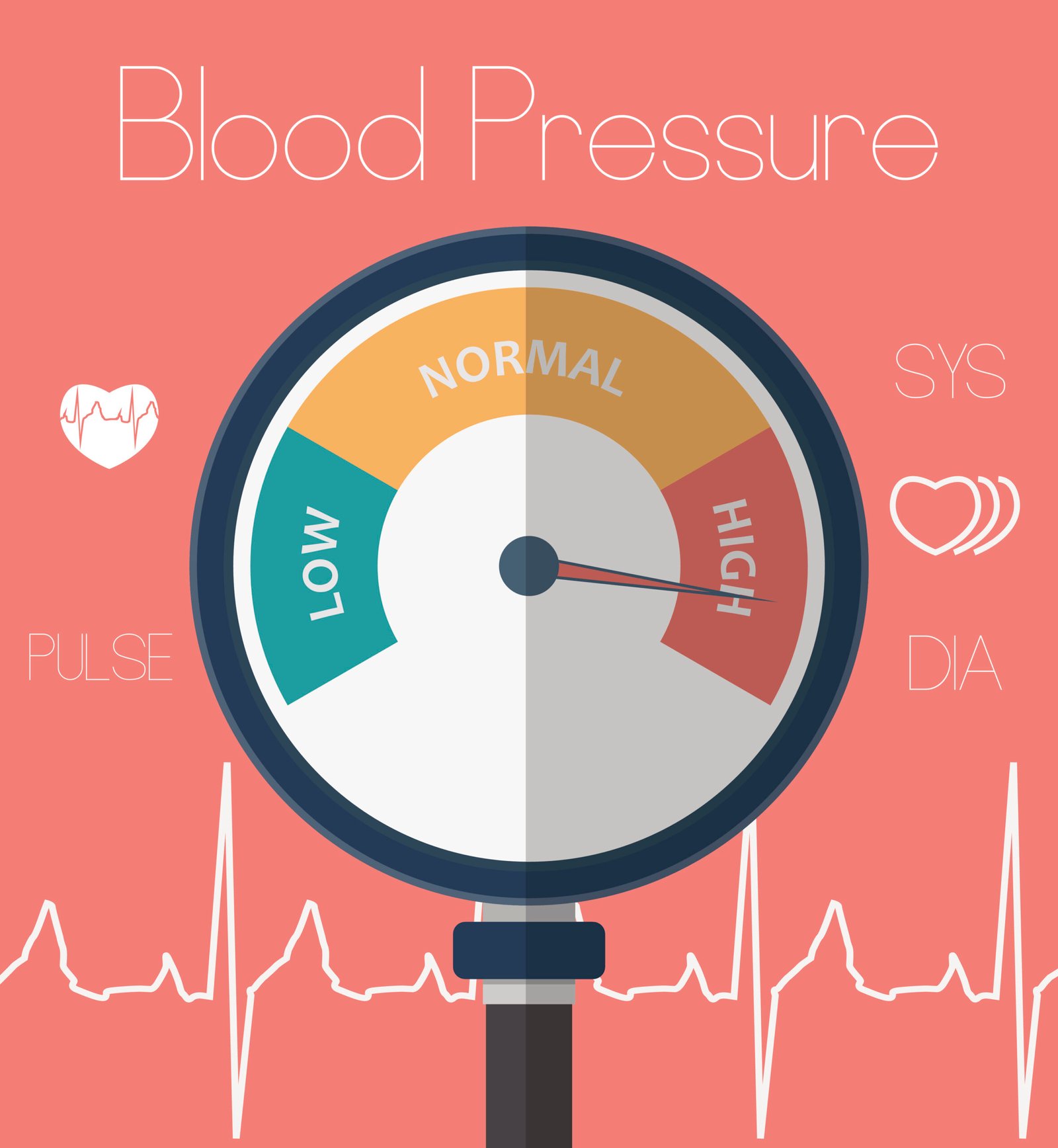Management of Hypertension: A Clinical Perspective
Hypertension: A Comprehensive Overview
Hypertension, commonly known as high blood pressure, is a prevalent medical condition characterized by elevated blood pressure in the arteries. This increased pressure places undue stress on the cardiovascular system, increasing the risk of serious health complications such as heart attack, stroke, kidney failure, and vision problems. Understanding the causes, effects, and management strategies for hypertension is crucial for maintaining optimal health.
Underlying Causes of Hypertension
Several factors contribute to the development of hypertension. These include genetic predisposition, lifestyle choices, and underlying medical conditions. Family history plays a significant role, as individuals with hypertensive parents are more likely to develop the condition. Unhealthy lifestyle choices such as excessive sodium intake, lack of physical activity, smoking, and excessive alcohol consumption further exacerbate the risk. Additionally, certain medical conditions like obesity, diabetes, kidney disease, and sleep apnea can contribute to the development of hypertension. Stress, although not a direct cause, can temporarily elevate blood pressure and, over time, contribute to chronic hypertension.
Detrimental Effects of Hypertension
The sustained elevation of blood pressure associated with hypertension can have devastating consequences on various organ systems. The heart, constantly working against increased resistance, becomes enlarged and weakened, leading to heart failure. The arteries, under constant pressure, become damaged and narrowed, increasing the risk of atherosclerosis, a condition where plaque builds up inside the arteries, restricting blood flow and potentially causing heart attack or stroke. Hypertension can also damage the kidneys, reducing their ability to filter waste products effectively, leading to kidney failure. Additionally, high blood pressure can damage the blood vessels in the eyes, resulting in retinopathy, a condition that can lead to blindness.
Non-Pharmacological Management of Hypertension
Lifestyle modifications play a crucial role in managing hypertension. Adopting a heart-healthy diet, rich in fruits, vegetables, and whole grains, while limiting saturated and trans fats, sodium, and processed foods, can significantly lower blood pressure. Regular physical activity, such as brisk walking, jogging, swimming, or cycling, for at least 30 minutes most days of the week, helps to strengthen the heart and improve blood flow. Maintaining a healthy weight through a balanced diet and exercise is also essential, as excess weight contributes to hypertension. Limiting alcohol consumption and avoiding tobacco use are equally important lifestyle changes. Stress management techniques, such as deep breathing exercises, meditation, and yoga, can help regulate blood pressure fluctuations and improve overall well-being.
Pharmacological Treatment of Hypertension
While lifestyle modifications are the cornerstone of hypertension management, medications may be necessary to control blood pressure effectively, particularly in individuals with moderate to severe hypertension. Several classes of antihypertensive medications are available, each working through different mechanisms to lower blood pressure. These include diuretics, which help eliminate excess fluid and sodium from the body; beta-blockers, which slow down the heart rate and reduce the force of heart contractions; ACE inhibitors and ARBs, which relax blood vessels; and calcium channel blockers, which also relax blood vessels and lower heart rate. The choice of medication depends on individual factors such as the severity of hypertension, the presence of other medical conditions, and potential side effects.
Natural Remedies and Consultations
Certain natural remedies, such as garlic and hibiscus tea, have shown promise in lowering blood pressure. However, it’s crucial to consult with a healthcare professional before using these remedies, as they may interact with other medications or have undesirable side effects. Regular monitoring of blood pressure is essential to assess the effectiveness of treatment and make necessary adjustments. Early detection and appropriate management of hypertension are critical for preventing serious health complications and maintaining long-term health and well-being.
Share this content:












Post Comment